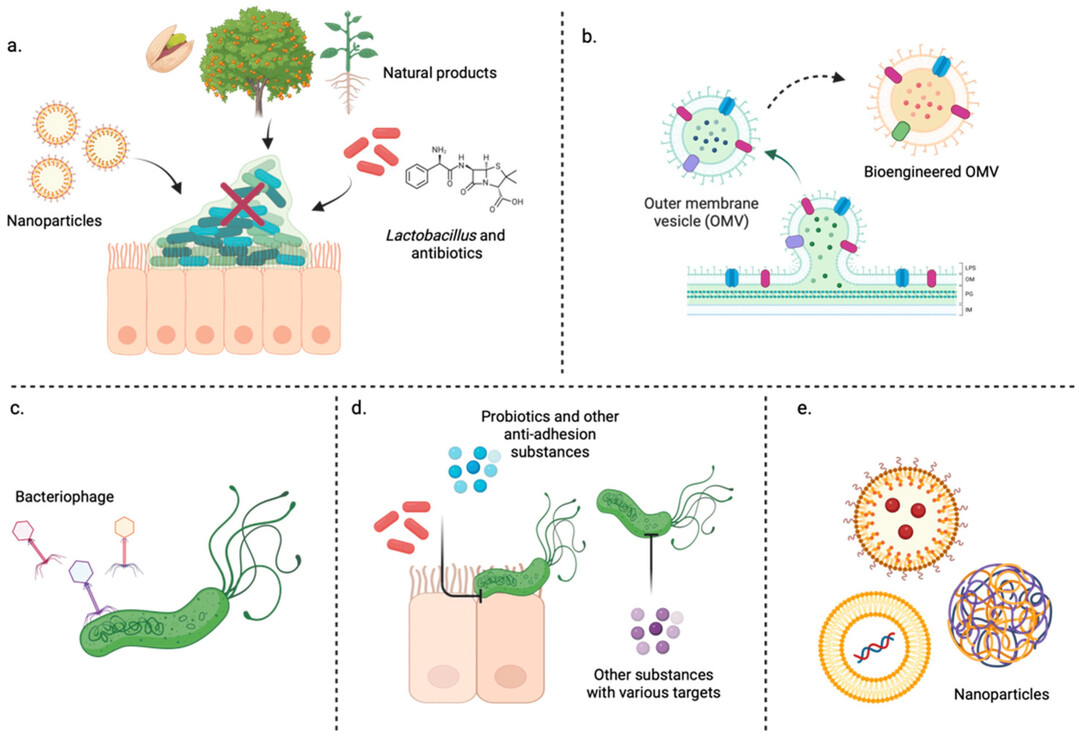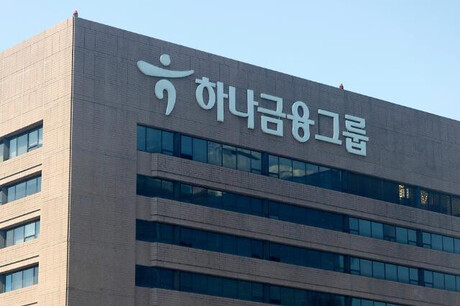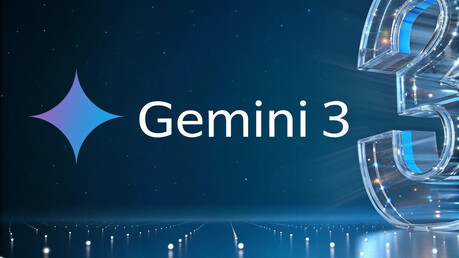
Scientists at the Korea Research Institute of Bioscience and Biotechnology (KRIBB) have made a significant breakthrough in the development of new treatments for Helicobacter pylori infections. The team, led by Dr. Mi-young Son, has identified a potential drug candidate that could overcome the limitations of current antibiotics and help reduce the risk of stomach cancer.
Helicobacter pylori infections are a major global health problem, affecting nearly half of the world's population. These bacteria can cause stomach ulcers, gastritis, and even stomach cancer. While antibiotics are currently the standard treatment, they often have limited effectiveness and can lead to antibiotic resistance. Additionally, current treatments do not address the underlying damage caused by the bacteria to the stomach lining.
The KRIBB research team utilized 3D gastric organoids to study the initial stages of Helicobacter pylori infection and identify the mechanisms by which the bacteria damage stomach cells. They discovered that the VacA toxin produced by the bacteria impairs the function of mitochondria in stomach epithelial cells.
By screening a library of compounds, the researchers identified a kinase inhibitor, MLN8054, that could restore damaged stomach cells in both organoid and mouse models. This finding suggests that MLN8054 could be a promising candidate for the development of new treatments for Helicobacter pylori infections.
“Previous studies on Helicobacter pylori have primarily used animal models and cancer cell lines, which have limitations in terms of predicting human responses,” said Dr. Son. “By using gastric organoids, we have been able to overcome these limitations and identify a potential new drug candidate.”
The researchers believe that this study opens up new avenues for the development of more effective treatments for Helicobacter pylori infections. By using organoids to screen for new drug candidates, scientists can accelerate the drug discovery process and reduce the cost of clinical trials.
[Copyright (c) Global Economic Times. All Rights Reserved.]





























